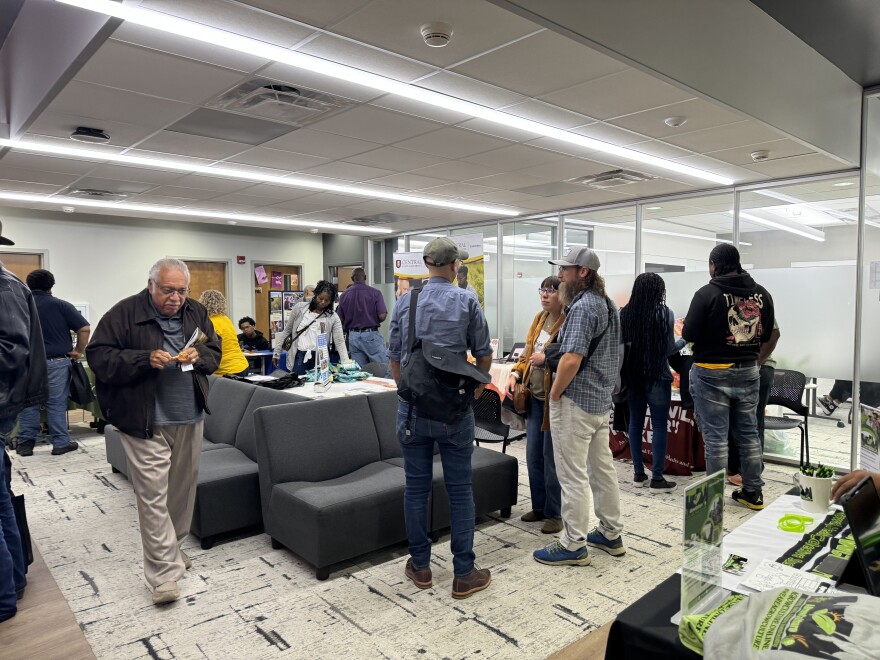The fifth annual Black Farming Conference took place in Columbus this past weekend.
This conference was the second one fully in-person and was free and open to the public. It was organized by the BIPOC Food and Farming Network based out of Yellow Springs.
“I think that the farmers bring a lot of energy. They are thirsty for knowledge and information, how to be successful, how to help their business and their family grow in the space of farming."
The conference convened Black farmers, growers and gardeners to discuss the unique challenges and experiences they face in the agricultural space. Other partners include Central State University, Agraria, Ohio State University and more.
Ta Tricia Davis is the assistant state conservationist for special projects with the U.S. Department of Agriculture.
She said at the conference the level of interest and attendance shows a need for more opportunities like this.
“I think that the farmers bring a lot of energy. They are thirsty for knowledge and information, how to be successful, how to help their business and their family grow in the space of farming,” Davis said.
The two-day long conference included networking, informational workshops and skill-shares.
Jeri Hilt from Louisiana hosted a workshop on ancestral connections with soil. She explored the topic of African American human remains and the repatriation of these objects.
“I think the invitation speaks so much to the integrity and the commitment to this community to really hold space here, and t it’s so inspiring. And I'm really, really grateful to have been able to be able to be a part of this day,” Hilt said.
At the evening program, conference organizers presented awards to two organizations: Fresh Roots 614 and Bronzeville Growers Market.

On top of being recognized for their work, each organization received $1,000 to support their efforts.
Although the event targeted Black farmers in Ohio, no one was shut out. The Ohio Department of Natural Resources, the Ohio Farm Bureau and a gardening club from a Cincinnati high school were among some of the groups participating.
Patricia Allen, executive director of the BIPOC Food and Farming Network refers to the event as a “farm-ily reunion” to share culture, heritage and expertise with one another.
“We are all trying to provide fresh, nutritious and accessible food and also level the playing field in terms of food equity and food access,” Allen said.


